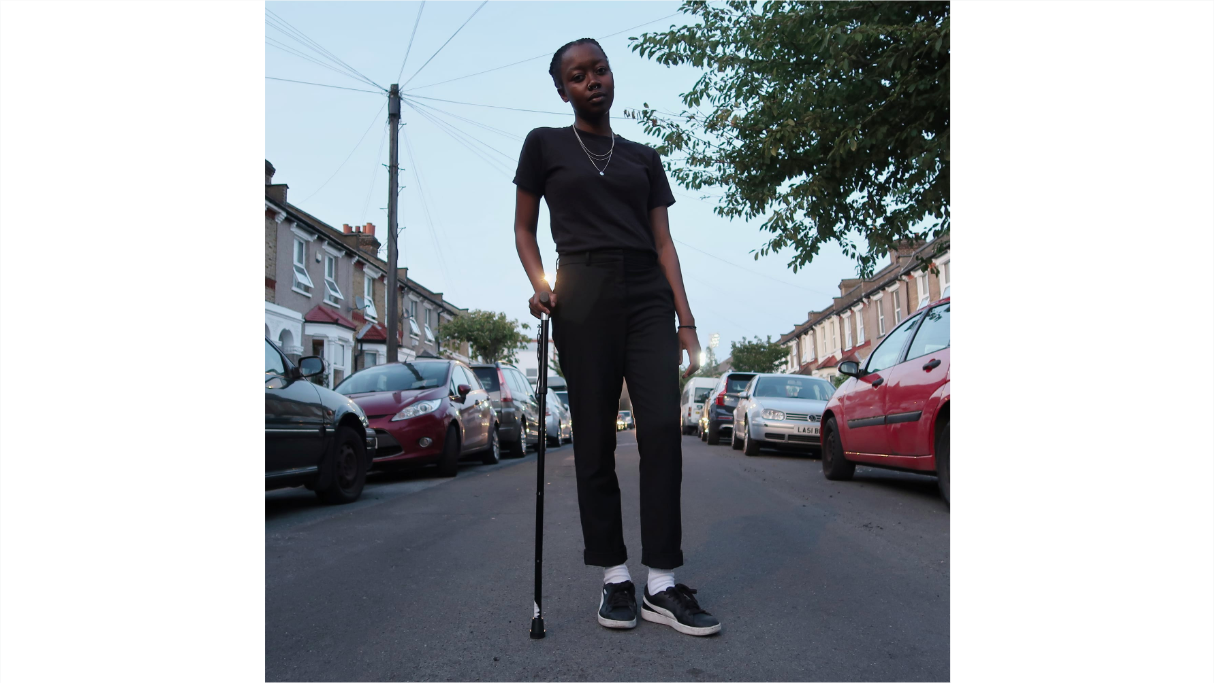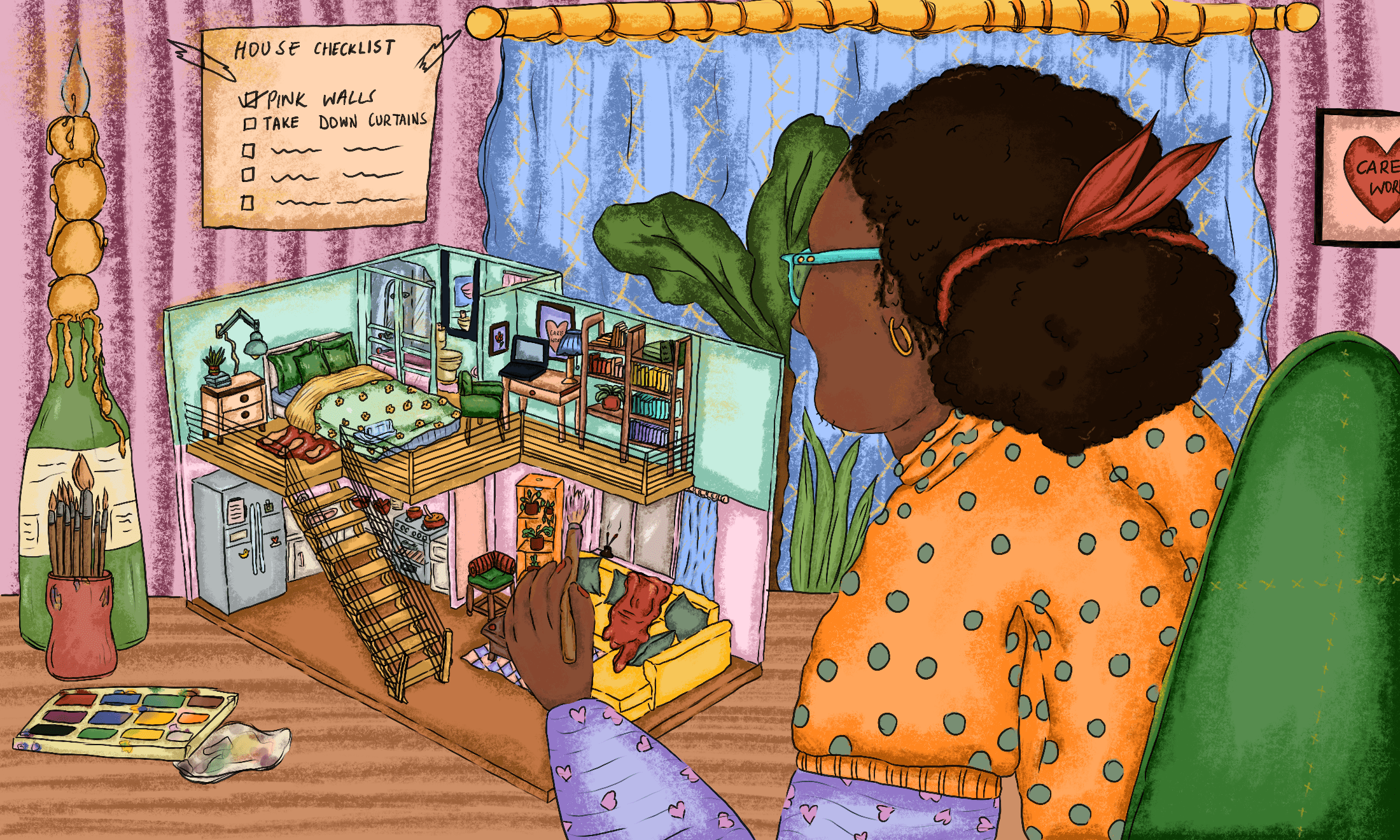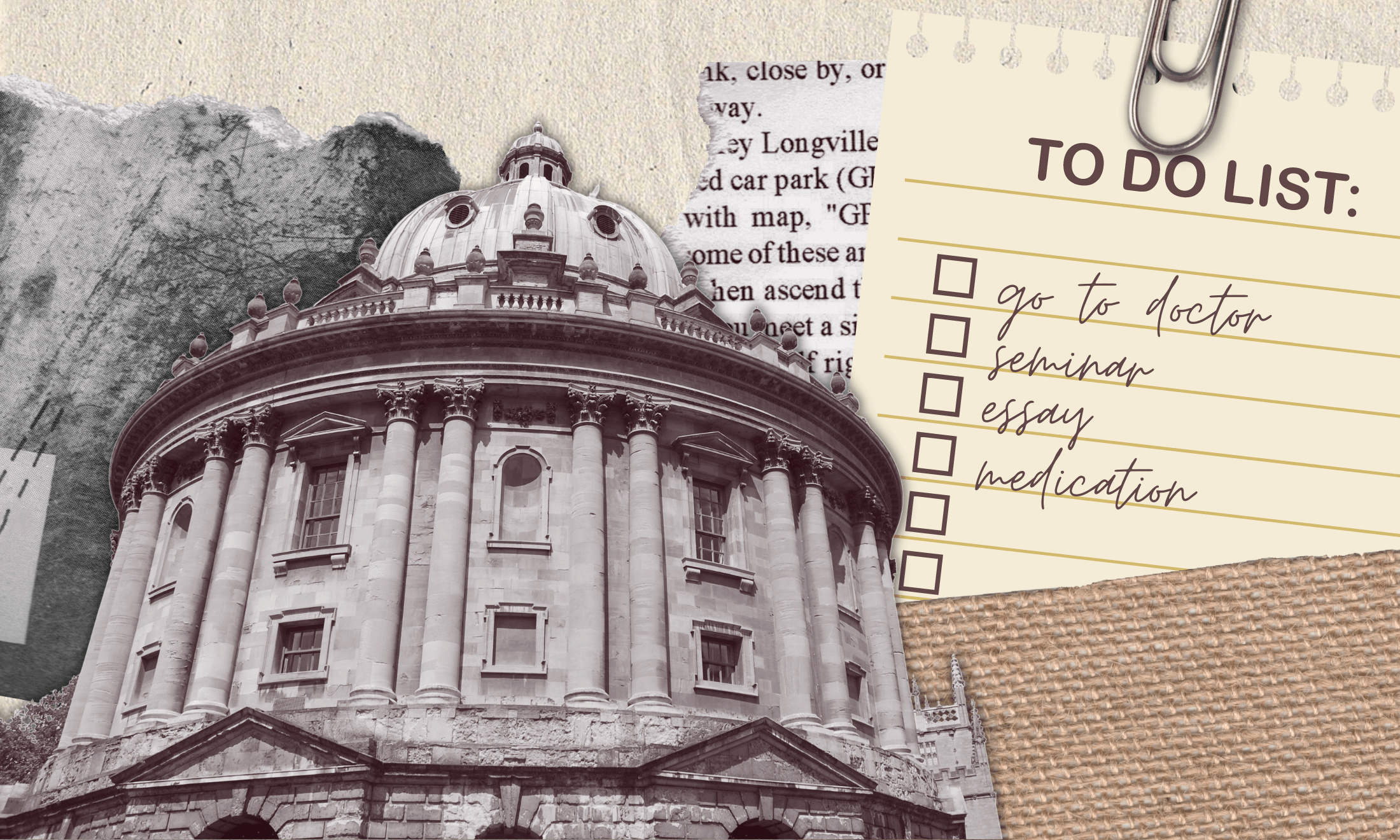
Photography via Jameisha Prescod
It’s a Tuesday afternoon and I’m standing in a pharmacy in South London. It’s the eighth one I’ve been to this week. I’m doing my best not to cry. I’m trying very hard to stay calm and not take my frustration out on the pharmacist serving me. She’s just told me they won’t be able to get my medication because it’s too expensive for them. It hits especially hard when you’re hearing it for the eighth time.
I have a very specific routine whenever it’s time to pick up my medication. I go to a local pharmacy, whip out my pastel green prescription form and slide it across the counter. I’m careful not to completely hand it over. Not before asking if they have my medication in a specific brand. As you’ve already guessed, they usually don’t. It wasn’t always this difficult. It’s mainly within the last year that I’ve been having trouble getting my meds.
I got diagnosed with an autoimmune disease called lupus back in 2014. Every day, I experience joint pain, muscle aches, fatigue, cognitive dysfunction and a range of other symptoms. Quickly after my diagnosis, I got put on a drug called Hydroxychloroquine Sulphate. Yeah, try spelling that one out over the phone.
Originally I hated the drug. It made me feel so dizzy, I couldn’t even scroll on my phone without wanting to throw up. My doctor then prescribed me a different brand and the side effects quickly went away. What I didn’t know back then is that different brands of the same medication can affect people differently – mainly because of the filler ingredients. So, in my case, it’s extremely important to get the correct brand. I won’t be able to function otherwise.
“It’s already hard enough getting my medication – what will happen after Brexit? The fact that no one truly knows is what scares me the most”
Let’s fast forward to 2019: 52% of the British population have voted to leave the European Union, Boris Johnson is our Prime Minister and the possibility of a no-deal Brexit is starting to seem real. I am terrified. It’s already hard enough getting my medication – what will happen after Brexit? The fact that no one truly knows is what scares me the most.
Last year, I was frustrated with the lack of coverage this was getting in the media. Now, articles are popping up left, right and centre warning Brits about potential medicine shortages. A number of suppliers are said to be stockpiling and some people are following suit. This situation would be anxiety-inducing for anyone, let alone those who have to take daily medication. For some of us, it’s literally a matter of life and death.
Last year, I watched a powerful film called Está Todo Bien (“It’s All Good”), which documents the medicine shortage crisis in Venezuela. The crisis had a serious impact on patients, doctors and pharmacists alike. The part that got to me was watching Rebeca, a 19-year-old cancer patient, look for her medication on social media. While the situation over here certainly isn’t the same as Venezuela, the film has always stuck with me – it made me ask myself what I would do if I couldn’t access my medicine.
Would I have to fly to the Czech Republic, where the pharmaceutical company is based, every couple of months? Would I have to take a brand of meds that causes constant nausea and makes me feel like my head is spinning? That fear of the unknown is unsettling.
It’s not just me, of course. I’ve had countless messages on social media from people with chronic illnesses, mental health conditions and other disabilities. From type 1 diabetes to depression, so many people have told me how hard it’s been for them to get their medicine. You also have to keep in mind, some medication is extremely sensitive to temperature, like insulin. Others have a really short shelf life, like EpiPens where stockpiling would be ineffective. Throw these obstacles into the mix and it makes things all the more complicated.
I’ve had two family members die from lupus complications. While my condition is not in a severe stage at the moment (which I’m incredibly grateful for), I will deteriorate without adequate treatment. It’s frustrating that a situation beyond my control may have such a huge impact in the way I manage my disease. It’s dehumanising.
“I’ve had two family members die from lupus complications. While my condition is not in a severe stage at the moment, I will deteriorate without adequate treatment.”
We haven’t left the EU yet. It’s probably going to happen on 31 October. The government says it’s doing it’s best to put measures in place to prevent any disruption, but we’re all holding our breath. I’ve had some messages from people who share my concerns and I’ve also had people tell me I’m just feeding into press scaremongering. To be honest, I hope the latter is true.
Is there anything we can do? The first thing I would say is to keep an eye on NHS advice and information about the medication supply in the case of a no-deal Brexit. None of us can be exactly sure about what will happen, but they do offer some useful tips, like not ordering your medication at the last minute. I’d also highly recommend supporting disability, mental health and chronic illness charities. They have been doing amazing work communicating with the government and pharmaceutical companies whilst keeping patients up to date.
You’ll be pleased to know that I managed to get two more boxes of my medication from the ninth pharmacy I visited. I’m happy that I can take my pills for another couple of months, but I know that I’ll have to deal with this all over again soon. I don’t have the answers to what will happen after Brexit, I mean, who does? For now, the best I can do is appreciate where my health is at the moment, take my medication as prescribed and prepare myself.









